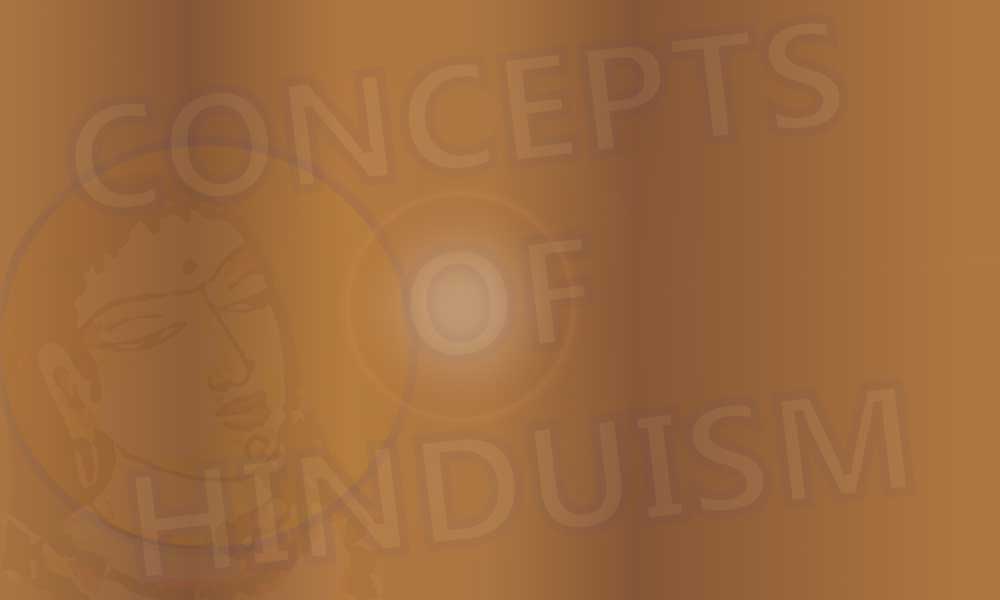
What is Buddhi?

Buddhi is a word with complex meaning, with no equivalent in English, and rather difficult to explain to those who are not familiar with the eastern religions, especially Hinduism and Buddhism. Generally speaking buddhi is a kind of intelligence that exists in all of us and helps to be smart and intelligent in taking decisions. Buddhi is discriminating intelligence. It is one of the tattvas identified in Samkhya and Hindu philosophical systems.
According to the tantric scriptures, Buddhi is the place where the radiance of Atman is reflected. Buddhi gives us the power to discriminate and decide what is good for us and what is not. It is the force behind our wisdom and our reactions to the outside world. It is however not just power of discretion and judgment. It is also perception, comprehension, understanding, intelligence, rationality, wisdom, discrimination, mindfulness, presence of mind, all working together to keep us attuned to the world around us and deal with it wisely, appropriately and effectively to the best of our expectations, beliefs, intentions and attention.
Buddhi influences the way we understand and interpret our experiences, take actions and decisions, develop beliefs and prejudices, regulate our lives, behavior, relationships, learning, speech, expression and so on. Buddhi-hina means absence of or deficiency of buddhi, which is often used to refer to people who are considered to be stupid or foolish. According to Hindu scriptures, most of our problems in life can be traced to the deficiencies in our buddhis.
Buddhi has a tendency to become clouded by the activity of the senses and our desire for sense objects. A man of lesser buddhi is constantly driven by the senses and the desire for sense objects. He loses his control over his mind and thoughts and indulges in actions that would bind his soul to the cycle of births and deaths. He suffers constantly as he fails to practice equanimity during the union and disunion of the senses and the mind with the sense objects.
Suggestions for Further Reading
- Chitta, The Sub Conscious Mind
- Chakras or energy centers of the body
- Mahavakya, Pragnanam Brahma, Brahman is Knowledge
- Yoga, longevity and quality of life
- Bhagavad Gita on the Stability of Mind and Sense Control
- The concept of Sense Organs in the Bhagavadgita
- The Concept of Atman or Eternal Soul in Hinduism
- The Problem of Maya Or Illusion and How To Deal With It
- Belief In Atman, The Eternal Soul Or The Inner Self
- Brahman, The Highest God Of Hinduism
- The Bhagavad Gita Original Translations
- The Bhagavadgita, Philosophy and Concepts
- Bhakti yoga or the Yoga of Devotion
- Hinduism And The Evolution of Life And Consciousness
- Why to Study the Bhagavadgita Parts 1 to 4
- Origin, Definition and Introduction to Hinduism
- Symbolic Significance of Numbers in Hinduism
- The Belief of Reincarnation of Soul in Hinduism
- The True Meaning Of Renunciation According To Hinduism
- The Symbolic Significance of Puja Or Worship In Hinduism
- Introduction to the Upanishads of Hinduism
- Origin, Principles, Practice and Types of Yoga
- Essays On Dharma
- Esoteric Mystic Hinduism
- Introduction to Hinduism
- Hindu Way of Life
- Essays On Karma
- Hindu Rites and Rituals
- The Origin of The Sanskrit Language
- Symbolism in Hinduism
- Essays on The Upanishads
- Concepts of Hinduism
- Essays on Atman
- Hindu Festivals
- Spiritual Practice
- Right Living
- Yoga of Sorrow
- Happiness
- Mental Health
- Concepts of Buddhism
- General Essays